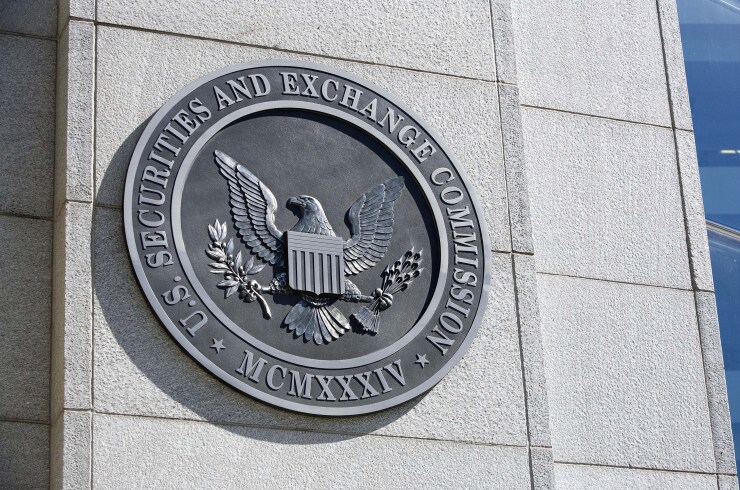U.S. GAAP is a rules-based accounting standard that, some critics have argued, is not flexible enough to accurately reflect companies’ financial performances. Due to GAAP’s rigid requirements, and since rules are meant to be broken, companies are increasingly including adjusted (also known as pro forma or non-GAAP) numbers in their financial statements. Companies maintain that these adjusted numbers give investors and analysts a “truer” picture of their performance. Historically, these adjusted numbers have consistently painted rosier pictures of companies’ performances compared to their reported GAAP numbers.
Since 2013, there has been a dramatic increase in not only the percentage of publicly-traded U.S. companies that include non-GAAP numbers in their financial statements, but also in the magnitude of companies’ non-GAAP adjustments. Mounting evidence suggests that these adjustments are becoming companies’ preferred method of distorting financial statements and misleading investors.
There’s a real and growing problem with deceptive non-GAAP reporting, but individuals can expose these violations and earn monetary awards through the
Use (or Misuse) of Non-GAAP Numbers in Financial Statements
Non-GAAP numbers are considered useful by investors in many circumstances. For example, if a company incurs a large one-time expense for restructuring, it may be helpful for investors to know what the company’s earnings would have been in the period without that one-time expense. As such, the company can include adjusted earnings in its financial statements that exclude the restructuring cost. In theory, the adjusted earnings present a more accurate depiction of the company’s underlying profitability as they exclude special, one-time costs that are not a part of the company’s normal operations. In fact, many companies are now emphasizing their earnings per share on a non-GAAP basis over their EPS on a GAAP basis.
While non-GAAP numbers are useful, they’re also susceptible to manipulation and companies can use adjustments to falsely inflate earnings. As noted in Warren Buffet’s
Increase in Companies Reporting Non-GAAP Numbers
Since 2013, there has been a dramatic increase in companies that include non-GAAP numbers in their financial statements. In 2013, approximately 60 percent of S&P 500 companies reported at least one non-GAAP EPS figure. In 2016, this percentage shot up to approximately 72 percent of S&P 500 companies. Today, according to FactSet, more than 90 percent of S&P 500 companies use at least one non-GAAP metric in their financial statements. Notably, even Buffet’s Berkshire Hathaway reports non-GAAP earnings.

Divergence between GAAP and Non-GAAP Earnings Suggests Manipulation
An analyst at Bank of America stated the rise in reported non-GAAP earnings is primarily a result of companies’ limited earnings power: “We are increasingly concerned with the number of companies (non-commodity) reporting earnings on an adjusted basis versus those that are stressing GAAP accounting, and find the divergence a consequence of less earnings power.” Indeed, the data suggests that companies are increasingly relying on non-GAAP adjustments to inflate their earnings:
• A December 2015
• A May 2017
• A July 2017
• In Q3 2017, the average difference between non-GAAP and GAAP EPS for 70 percent of the companies in the Dow Jones Industrial Average was
• A 2017
Historically, companies have taken some liberties with these adjustments, resulting in slightly higher earnings under non-GAAP compared to GAAP. Today, companies appear to be abusing these adjustments at an increasing rate, which poses a significant danger to investors and offers a significant opportunity for whistleblowers.
SEC Whistleblower Program
Under the SEC Whistleblower Program, whistleblowers are eligible to receive an award for providing the SEC with original information about a violation of the federal securities laws, including fraudulent or misleading non-GAAP financials. If the SEC uses a whistleblower’s information to bring a successful enforcement action, the whistleblower is eligible to receive 10 to 30 percent of the monetary sanctions collected as an award. A tip about accounting violations has already resulted in a $22 million award for one whistleblower. The largest award to date is more than $50 million.
The SEC Whistleblower Program also protects the confidentiality of whistleblowers and does not disclose information that might directly or indirectly reveal a whistleblower’s identity. Moreover, whistleblowers can submit an anonymous tip to the SEC if represented by an attorney. Even compliance personnel, auditors, accountants, officers and directors may be eligible to receive rewards under the program.
Whistleblowers are offered protections against retaliation under the Dodd-Frank Act, which created the SEC Whistleblower Program. The U.S. Supreme Court recently ruled that whistleblowers must first report to the SEC before they are afforded protection under Dodd-Frank. However, even prior to reporting to the SEC, corporate whistleblowers are offered substantial protections against retaliation under Section 806 of the Sarbanes-Oxley Act (SOX). Recently jury verdicts include $11 million and $5 million in SOX whistleblower retaliation cases. Between the awards and the jury verdicts, there are substantial inducements for whistleblowers to come forward and report wrongdoing to the SEC.





